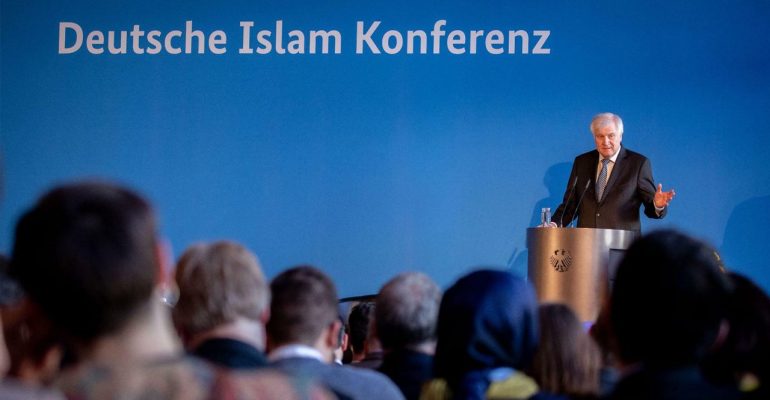‘German Islam’ as a political project
October 31, 2018 2023-06-21 14:44‘German Islam’ as a political project

‘German Islam’ as a political project
Although Germany’s debate on Islam has a long history, it took on greater intensity in 2010 with the then German President Christian Wulff’s momentous declaration that “Islam belongs to Germany”. As if to counter Wulff’s argument, Germany’s Interior Minister Horst Seehofer from the Christian Social Union (CSU) recently stated that “Islam is not a part of Germany”, causing the debate to flare up again. Merkel rejected this statement of her coalition partner from the CSU, reaffirming that “Islam belongs to Germany”. President Frank-Walter Steinmeier made a similar supportive statement, remarking that Muslims living in Germany belong to Germany.
Apparently, the issue of “German Islam” is brought up in two different ways in the German public. On the one hand, there is the perpetually raised issue of whether Islam and Muslims belong to Europe, which is debated in theoretical and categorical terms. And on the other, there have been practical attempts to redesign Islam and the state’s relationship with the Muslim communities by means of a number of organizations, such as the German Islam Conference, founded in 2006, and also to call into question the existence of such well-established and traditional institutions as the Turkish Islamic Union for Religious Affairs (DITIB).
Operating under the Ministry of Interior, the German Islam Conference last July announced its plans for restructuring. It was announced as part of the action plan that, from now on, unorganized groups and a number of prominent Muslim individuals would also be invited to the Conference’s meetings in addition to organized Muslim groups, which have remained the only invitees so far. What essentially matters, however, is that this institution has added a new function to its job description, which is to “redefine Islam”, even though it previously claimed that it was merely a mechanism of communication and dialogue between the German state and Muslims living in Germany.
Source: Anadolu Agency








